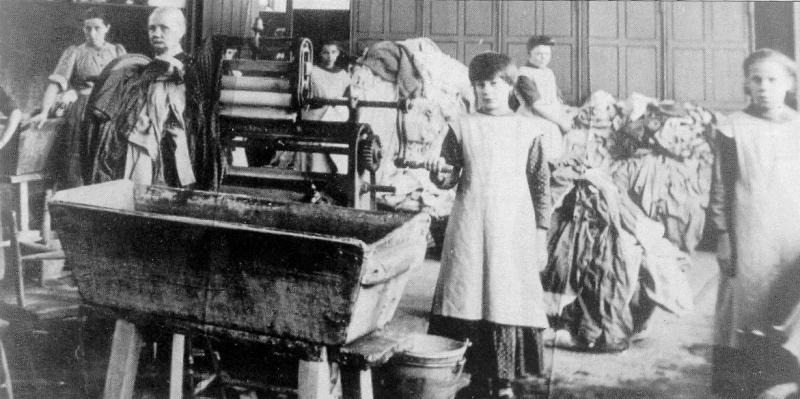THE WAY THINGS ARE
Some in Cyprus won’t say they have adopted a baby, perhaps from the need to protect the child’s assumed identity or their private business. The mother of an elderly friend, then a 16-year-old from a hill village, servant to a wealthy Cypriot family in a major town, was raped by one of the sons. Once her pregnancy became apparent, she was accused of seducing him in the hopes he would have to marry her and was mercilessly thrown out. A kindly, childless couple took pity on her when her own family disowned her and gave her a home. When her child was born she opted to leave Cyprus for Australia, knowing she stood little chance of marriage with an illegitimate child here. The family gave that baby their name and a great life.
Through her aware life, she has observed those she knows are her kin, people of status and wealth. Their children and grandchildren poised icons in society but, ‘They wronged my poor mother, and pretend I don’t exist’. The couple that adopted her kept in contact with her birth mother and told my friend the truth when she was old enough to process it. They helped her get to know her real parent and a long distance bond was formed until her birth mother died.
Her mother’s simple letters that told of how the youth had violated her and how her employers showed no sympathy or even offered small financial help to raise the child created a bitterness in my friend she couldn’t quell. ‘I was half theirs but they threw me away.’
Anger erupted in the UK when details about adopted children became public information. The usual profuse apologies ensued and the usual excuses, it shouldn’t have happened etc., offered as always when such breaches of privacy occur. Some adopted children long to know who they came from. Some unwed mothers find relief when a lost child shows up, like the sad women of the Magdalen Laundries in Ireland, forced to hand over their babies at birth not knowing to whom they were given (or sold) and where they ended up, left wondering how those innocents had fared.
Others live in fear that the child they had out of wedlock might show up and interfere with the new life they have made for themselves. Such secrets hidden by will, fear or agreement are one thing. But, as with my friend, how hard is it for the child that is ignored with full public knowledge of its existence in the family that shies away from the feared blemish on their perceived patrician image they hope will be overlooked?
Famous men throughout history have had children by women who were not their wives. Some were loved, helped and acknowledged, others spurned, disowned, ignored. A child ignorant of its true origins is spared comment and the pain of rejection. The child who is publicly proven to be part of a well-off group that has deliberately decided that when they speak of their children or grandchildren, the number is deliberately minus one, is a selected outcast. Babies conceived by women such as sex workers whose elite fathers don’t want to concede they had sex with a person their families regard as shaming, have to be expunged from lineage, status protected, the child’s future irrelevant.
In 1993, Annie Murphy, ex-lover of Catholic Bishop Casey, was told misogynistically on an Irish talk show if her son, 19, was half as good a man as his father, he’d do fine. She’d raised him, unacknowledged, alone. Visibly hurt, she replied she wasn’t so bad herself. Gay Byrne, Ireland’s late, favourite broadcaster, was lambasted for his words. Print media and Telefis Eireann were deluged with comments supporting Annie.
Once a child comes to consciousness of its publicly known origins there are new engulfing emotions eating into its ‘normal’ life and cruel comments by children and adults to bear. My friend concluded, ‘I would tell the child who suffers that public humiliation to come out spitting like an angry fox, not cringing like a cowed rabbit.’







Click here to change your cookie preferences